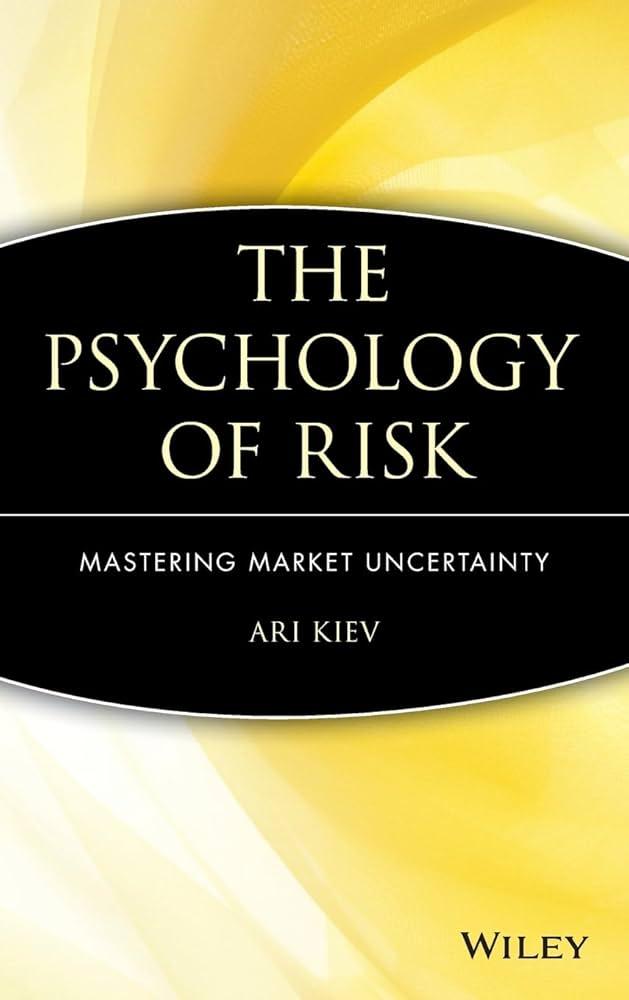Risky Business: Unpacking the Psychology Behind Betting
In a world where the thrill of uncertainty dances hand in hand with the allure of fortune, betting has secured its place as a captivating activity that transcends mere chance. From the bustling casinos of Las Vegas to the quiet corners of online gambling platforms, the act of placing a wager weaves a complex tapestry of emotions, motivations, and psychological intricacies. What compels a person to risk hard-earned money on a game of chance? Is it the exhilaration of a potential windfall, the social interactions it fosters, or the tantalizing prospect of beating the odds? As we delve deeper into the psychology behind betting, we uncover not just the behaviors and strategies of gamblers, but also the underlying cognitive biases and emotional triggers that steer their decisions. Join us as we explore the multifaceted motivations that drive this risky business, revealing how a simple bet can reflect our desires, fears, and the universal quest for control in an unpredictable world.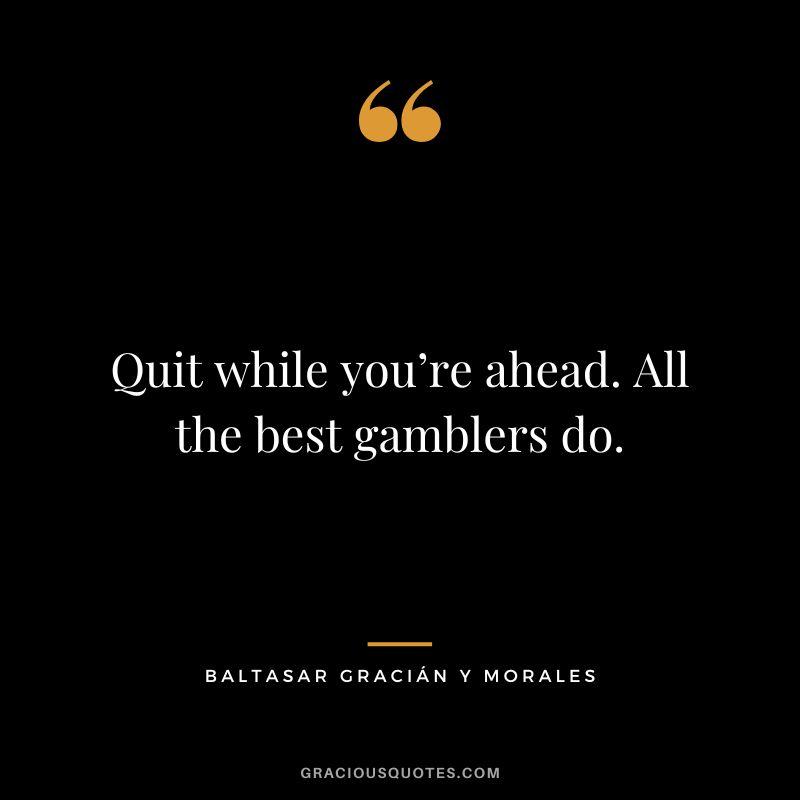
The Allure of Uncertainty: Understanding the Thrill of Gambling Motivation
The thrill of gambling often stems from the unpredictable nature of chance, where every spin of a wheel or roll of dice opens the door to a myriad of possibilities. Emotionally charged, individuals are drawn to this uncertainty, engaging in a dance with fate that offers more than just potential financial gain. The adrenaline rush associated with risk-taking creates a unique psychological high, often referred to as a “gambling high,” which can be addictively euphoric. Research shows that the brain’s reward system is activated not just by wins but by the anticipation of winning, making it a psychological playground for many who thrive on the edge of risk.
This attraction to uncertainty is not confined to mere thrill-seeking; it intertwines with our innate desire for control and mastery over our environment. Gamblers often employ strategies that give them a false sense of influence over the outcome, such as analyzing odds or employing “lucky” rituals. This leads to a complex relationship with betting, where individuals may oscillate between hope and despair, fueled by cognitive biases that skew their reality. The interplay of emotion and behavior creates a compelling environment that continues to draw people into the world of gambling, blurring the lines between escapism and reality.
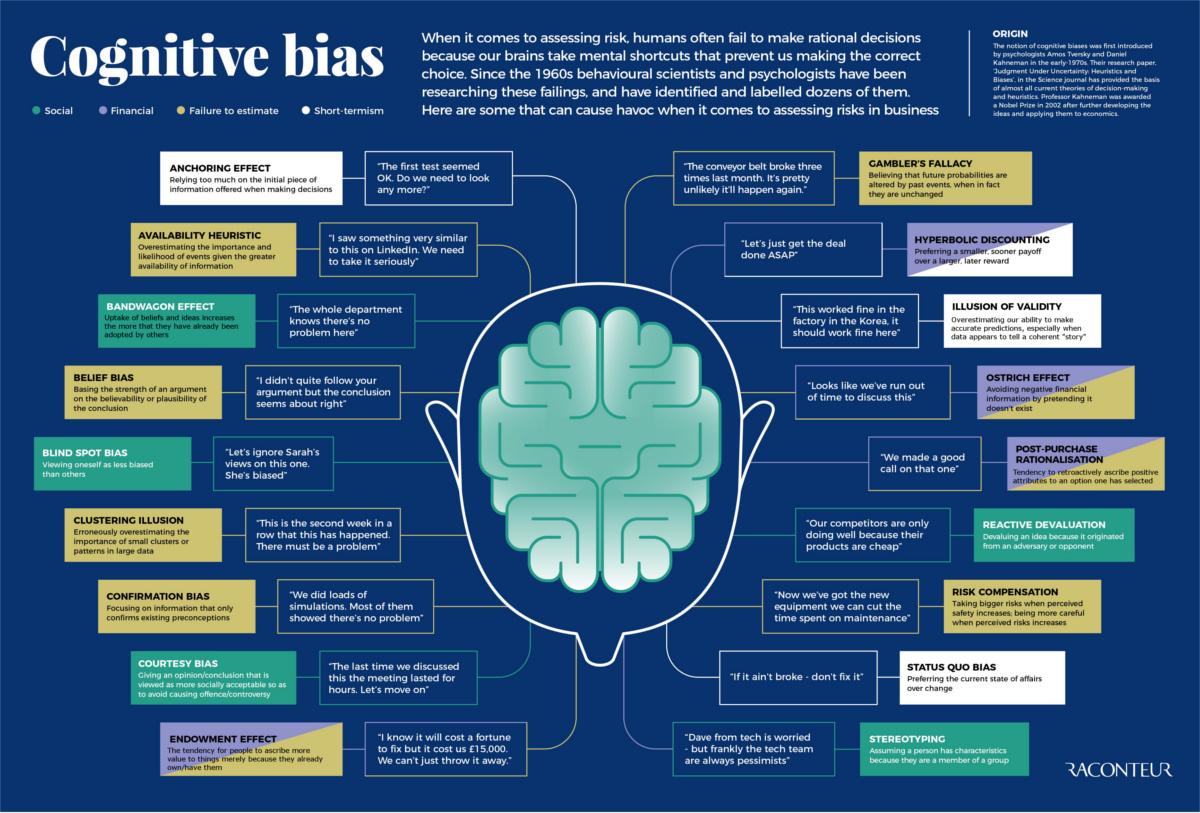
Cognitive Biases in Play: How Perception Influences Betting Decisions
In the high-stakes world of betting, decision-making is often clouded by various cognitive biases that skew perception. Confirmation bias is one of the most prevalent: bettors tend to seek out information that supports their preconceived notions about a game or event while disregarding evidence that contradicts their beliefs. This not only reinforces their existing perspectives but can also lead to a distorted view of the actual odds. Another common bias is the availability heuristic, where individuals judge the probability of an event based on recent memorable experiences, such as a significant win or loss. This can lead to overestimation or underestimation of outcomes based purely on emotion rather than statistical analysis.
Understanding these biases can transform the betting strategy of both novice and seasoned players. For instance, bettors often fall prey to the gambler’s fallacy, believing that past outcomes will influence future ones, such as assuming that a losing streak must end soon. Similarly, the anchoring effect can come into play when bettors fixate on a particular piece of information, such as an initial payout suggestion, which disproportionately impacts their final decision. Recognizing these patterns can empower bettors to adopt a more analytical approach, minimizing emotional influence and enhancing their chances of making informed decisions.
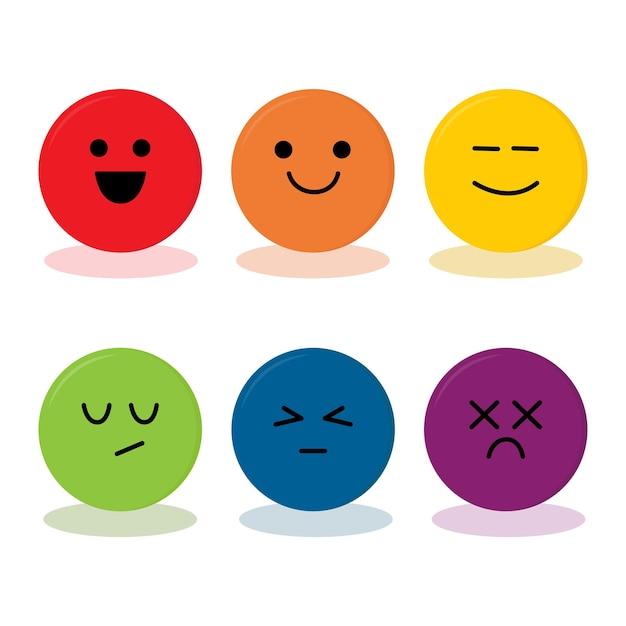
The Role of Emotion: Navigating the Highs and Lows of Risk-Taking
In the intricate dance of risk-taking, emotions serve as both the conductor and the performer. As individuals engage in activities laden with uncertainty, such as betting, emotional fluctuations can significantly influence decision-making. The excitement of a potential win can lead to overconfidence, blurring judgment, while the sting of a loss can invoke regret, prompting players to chase losses and dig deeper into a cycle that is hard to escape. This interplay between exhilaration and disappointment can ignite a range of feelings, from anticipation to anxiety, ultimately shaping one’s approach to risk.
The significance of these emotional currents is underscored by various psychological factors that come into play during gambling scenarios. For instance, cognitive biases like the illusion of control or the gambler’s fallacy can distort perceptions of risk, making players believe they possess a higher probability of success than statistical evidence suggests. Furthermore, the social dynamics in gambling environments can amplify emotions, as players often experience a communal thrill during wins or a shared sense of defeat. Understanding these emotional drivers is crucial for navigating the tumultuous waters of risk-taking, enabling individuals to cultivate a more mindful approach to their betting behaviors.
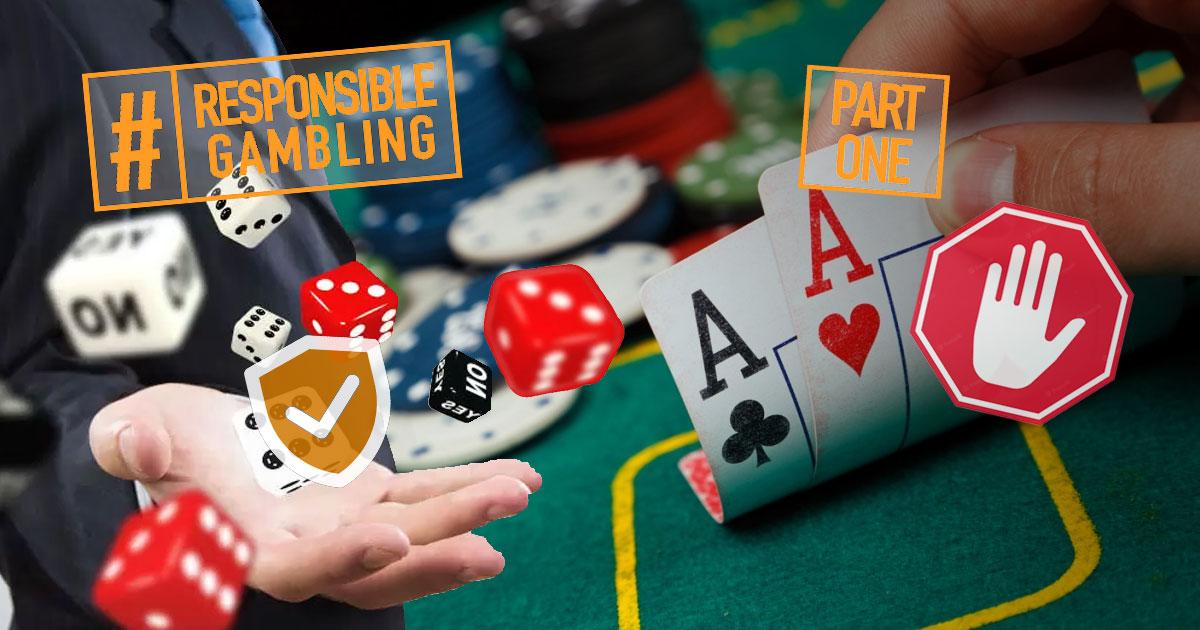
Strategies for Responsible Betting: Tips for Balancing Fun and Caution
Engagement in betting can be exhilarating, but maintaining a healthy balance is essential for enjoyment without risks spiraling out of control. Here are some effective ways to keep your betting experience enjoyable and mindful:
- Set a Budget: Define a strict budget for how much you are willing to wager, and stick to it. This creates a financial boundary that can help prevent overspending.
- Time Management: Limit the amount of time you spend betting. Set time limits for each session to ensure your betting doesn’t interfere with daily responsibilities or personal life.
- Educate Yourself: Take the time to learn about the games or sports you are betting on. A well-informed player can make better decisions and enjoy the process more.
- Know Your Triggers: Be aware of emotional states that might push you to bet recklessly, such as boredom, anger, or stress.
Additionally, consider utilizing tools and resources designed to promote responsible betting practices. Many platforms offer features that enable users to monitor their gambling behavior:
| Tool | Function |
|---|---|
| Deposit Limits | Restrict the amount of money you can deposit in a set timeframe. |
| Self-Exclusion | Temporarily or permanently exclude yourself from betting activities. |
| Reality Checks | Receive reminders about how long you’ve been playing and how much you’ve spent. |
In Conclusion
In the intricate dance between chance and choice, the allure of betting reveals much about our psyche. As we draw the curtains on this exploration of “Risky Business,” we see that the motivations behind gambling extend far beyond mere thrill. From the unpredictable highs of a rookie’s first win to the depths of a seasoned gambler’s losses, the psychological landscape is rife with hope, fear, and the relentless quest for validation.
Understanding the factors that drive individuals to stake their fortunes not only sheds light on their decisions but also invites us to consider broader implications for society. Whether it’s the strategic mindset of the poker player or the fleeting euphoria of the slot machine, each story we uncover adds depth to our comprehension of human behavior.
As we ponder the balance of risk and reward, we are reminded that, ultimately, betting is more than a simple game of chance; it’s a mirror reflecting our desires, anxieties, and the intricate narratives we weave in our search for meaning. With this knowledge in hand, we can engage in more thoughtful conversations about the impact of gambling on individuals and communities alike, steering towards strategies that prioritize awareness and responsible engagement.
perhaps the most profound insight we glean is not just about winning or losing money, but the ongoing journey into understanding ourselves and the risks we are willing to take in the exhilarating game of life.
